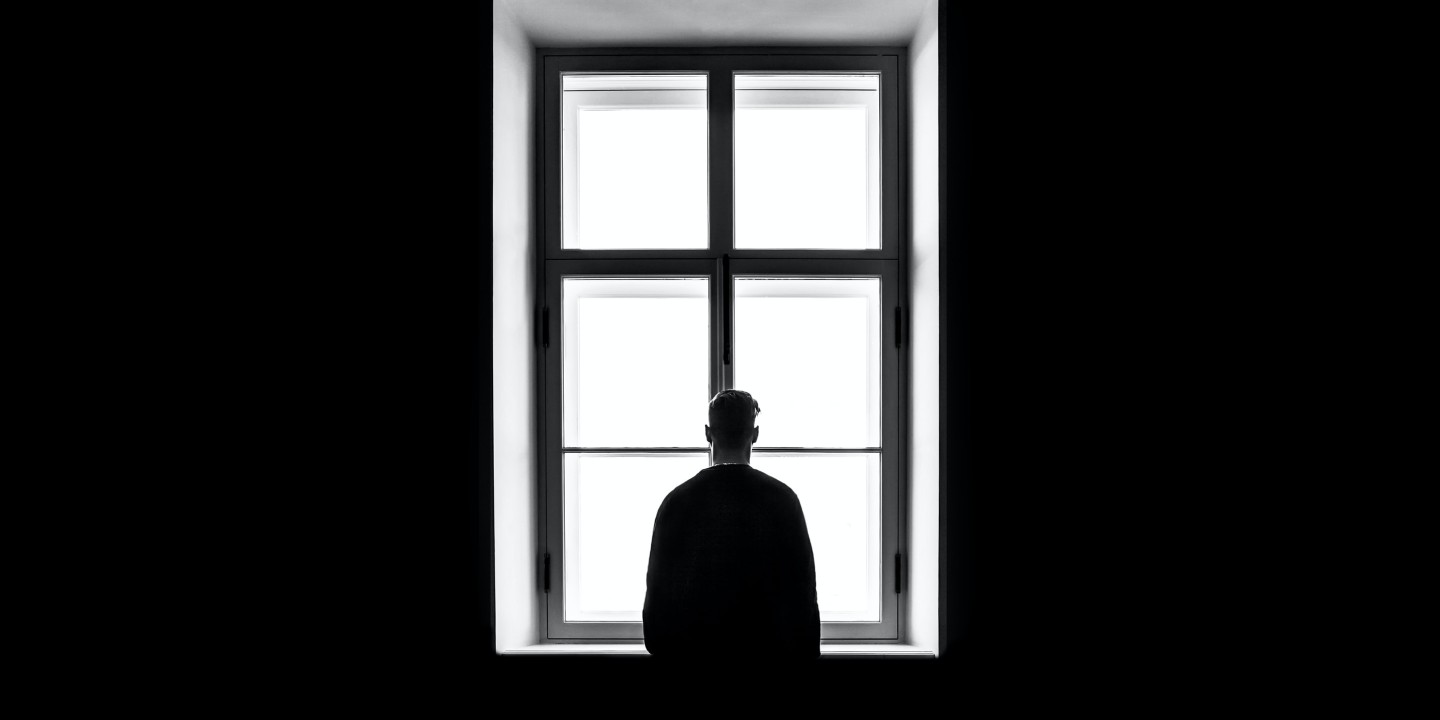The pandemic has made us unintentional monastics
We are urged into the desert of retreat, and we are afraid.

Solitude, said Henri Nouwen, is the “furnace of transformation.” A good spiritual director, Nouwen advises us that the place of retreat is the place of struggle, where we fight demons—or, to put it less shockingly, where we can no longer use our compulsions to escape our littleness, our selfishness, or our deaths. The monastic cell is, ultimately, a place of freedom. It is, initially, a place of terror.
It is to this place that we have been called. Some of us to a sort of hermitage, if we live alone; some of us to a kind of monastery, if we live with others. But all of us, usually distracted and pulled by the struggle to make a life, are being implored to go into our home-cells and, for the love of all that is holy, stay there. We now know isolation is no vacation. Unintentional monastics, we are urged into the desert of retreat, and we are afraid.
Read our latest issue or browse back issues.
The problem is not primarily being indoors. Our desert involves our collapsing routines and communities, the constellations by which we navigate our lives. We are, thus, less equipped and more bereft than our predecessors. St. Anthony gave all that he had; our wages are taken from us. St. Anthony arranged for his sister’s well-being; our dependents go into the desert with us. And these communities of dependence can be as much a source of grief as comfort. We have no readily available spiritual director to guide our journey. We have no established communal rule to form us. We have no communities who have experienced this desert to instruct us.
We are not alone. God is where we are, not in the ideal where we aren’t. But in order to seek God here, with us, we need to know where we are. We need to recognize ourselves with Peter, being led where we don’t want to go.
What do we do now, then, in our various forms of isolation? The monastic life is as varied as the monastics who inhabit it. Each order has its own rule, and each rule accommodates its young and old, its sick and strong. Prayer, work, and hospitality—the basic rhythms of the monastic life—take many forms. These rules are not production lines of holiness. They tend the garden of the soul, not pave it.
What worries me deeply is that we will try to crack the code of the socially distanced life, enacting our compulsions for order in close quarters. Without the grace of elders who have been humbled by the desert, who know that our folly is exceeded only by God’s goodness, our striving for order becomes a striving for control, quickly turning to violence and withdrawal.
I am a lightweight when it comes to solitude. I have done silent retreats that lasted less than a day. When I tried a whole weekend, I lasted 36 hours. Each attempt at contemplation only left me more restless and more persuaded of the banality of it all. At 6 a.m. on Sunday morning, I left. And as I left, I sensed something like sheepish joy. When I was done trying to be a spiritual hero, the grace I received was this: to know God’s kindness toward this little one, especially as she finds out her limits.
Our current retreat is not self-imposed. Love compels us to stay inside in the time of pandemic. My grace-filled humiliation involved leaving the retreat where I had willed to go. We will find our own grace-filled humiliations as we stay in the retreat that we did not will for ourselves.
With at least one desert humbling under my belt, may I offer some of the grace I received? Whatever you do, don’t harden your heart. When you find little graces, enjoy them with gratitude. And when the structures that propped up your identity go, and your plans for the socially isolated life fail, and insecurities and self-accusation ring in your ear, exert your will not to respond: do not tense up to muster virtue, or withdraw in angry despair, or argue back your merits. Confess your faults to God and neighbor, but don’t negotiate with your compulsions—or, to put it more shockingly, with demons.
Stay still as the anguish whirls. Do not act from desolation. Lament. Ask for the grace that you seek. Listen. You cannot muster your own consolation. But God stoops to pick up the child who calls for Mommy and holds her and won’t let go. Reach out your arms.
And, when you are able, make good on whatever very small, very simple freedom you have. It won’t make you good or justify your existence. But that’s OK. Your creating, redeeming God has already said over you, “It is very good.” Lean on that. And see what God does next.
A version of this article appears in the print edition under the title “Forced into solitude.”






